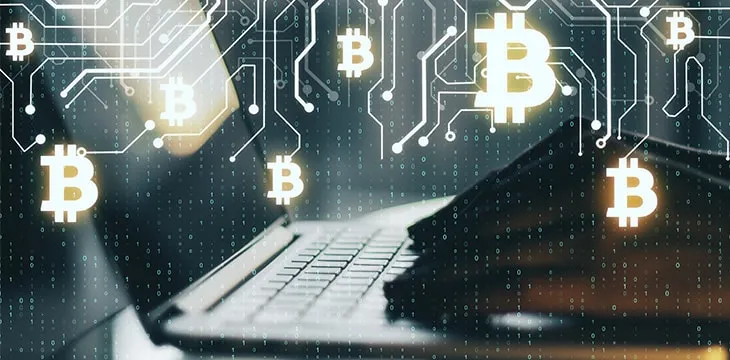|
Getting your Trinity Audio player ready...
|
The Paymail protocol allows users to transact on Bitcoin SV (BSV) using an address similar to an email address, rather than long-form Bitcoin addresses. But far beyond just being a more user-friendly way of sending and receiving Bitcoin, Paymail holds the key to solving the identity problem on blockchain, by improving authenticity and allowing defined ownership on-chain.
In October, Ryan X. Charles, founder and CEO of Money Button, set out the details of the latest innovations in the identity protocol at the CoinGeek Conference in Seoul.
In a presentation that began by looking at Facebook and its well-documented issues around user privacy, Charles outlined four extensions to the BSV-powered protocol designed to make it easier to send funds to an individual using a unique name similar to an email address, in place of long Bitcoin addresses.
According to Charles, Paymail has been designed to be extensible. The protocol was developed not to solve every identity and authentication issues in the first instance, but to provide the rails on which specific extensions could be developed in the future to address particular use cases.
Now, in a new video on Paymail, Charles explained why Paymail is the way it is, why it is the best solution to identity problems, and how it can be extended in future to solve all imagined identity problems, providing what he calls a “complete solution” to authenticity and identity on the blockchain.
In the video Charles says there is very little authenticity when sending Bitcoin to a Paymail address. Users exchange Paymail addresses, and the rest is in the hands of the service provider. Parties need to trust the service provider behind the Paymail address, in the same way individuals trust email service providers to deliver email—but what if the service provider fails or is hacked? You need authenticity with public keys.
The solution, according to Charles, is to put Paymail on chain, allowing addresses to be cross-referenced with blockchain records to provide independent verification. Responses can be logged on chain to create proof of assurance of identity, which can deliver auto-authentication.
Alternatively users could sign their own keys, recorded on chain, which could be queried automatically at the point of payment—if the user has previously signed their key, there can be on-chain proof of ownership.
While neither of these methods absolutely guarantees authenticity, Charles said they both provide a source of evidence, and increase the cost of corrupting the system to the point where hacking attempts become less viable.
Paymail was first unveiled at the CoinGeek Conference in Toronto last May, and is regarded among the most significant developments built on BSV for improving the utility and reliability of crypto transactions.

 09-16-2025
09-16-2025 





